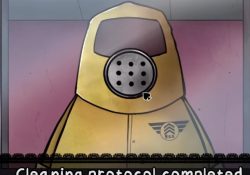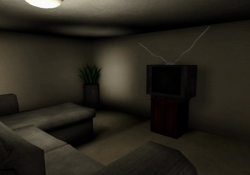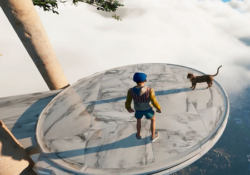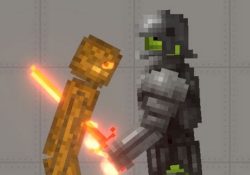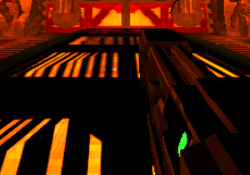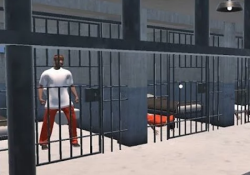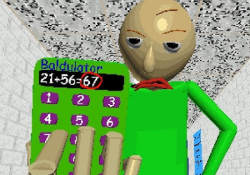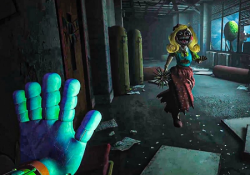Metel Horror Escape is a first-person escape game set in a cold, rural environment, where the player is trapped inside a mysterious building by an unknown captor. The game places you in the role of a prisoner who must observe, plan, and act carefully in order to find a way out. With minimal tools and limited visibility, the challenge is not only to navigate your surroundings, but also to avoid the attention of someone—or something—watching nearby.
Puzzle Solving Under Pressure
Each room or area presents a small mechanical or logic-based puzzle, from broken door locks to misplaced tools. Players need to search for hidden items, remember visual clues, and time their movements to avoid being caught. These tasks require both memory and experimentation, as each solution is built into the environment. Often, moving one object or unlocking a small cabinet can reveal a new layer to the room or another space entirely.
Key Gameplay Components
While progressing through Metel Horror Escape, players will engage with:
- Object interaction to open paths or reveal tools
- Environmental puzzles involving symbols, levers, and keys
- Limited resources such as light or time-sensitive windows
- Sound-based threats that require silence and caution
- A slow, tension-filled pace that rewards observation
These elements create a loop of risk and problem-solving that escalates with each new area.
Isolation And Tension
The game builds its atmosphere through stillness, with few sounds except creaking floors and distant noises. The building feels old and unused, but there are clear signs that someone—or something—has been moving around. Through subtle changes in lighting and occasional motion, the game keeps the player in a state of alertness. There are few direct confrontations, but the constant pressure to stay hidden creates a sense of urgency.
Metel Horror Escape blends puzzle mechanics with suspense, using a minimal interface to focus attention on each choice the player makes. It’s not about speed, but precision. Every successful action feels earned, and every mistake raises the stakes. Rather than guiding you directly, the game leaves clues in the environment and expects you to read them carefully. It’s an experience where escape is not just physical, but also mental—understanding how the space works is just as important as finding the exit.




